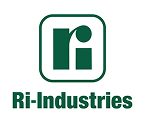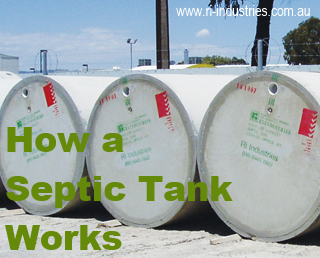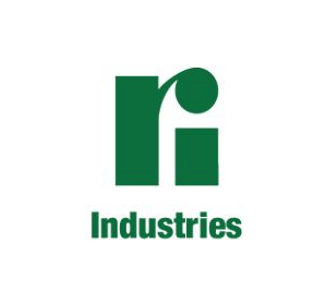If you are reading the Ri-Industries Blog, chances are that you might already own or are planning to install a septic tank on your property.
But how does a septic system work, exactly?
This is a fairly common question that people search for on the Internet every day. The Ri-Industries team is always here to answer your questions, so without further ado, let’s get down to basics.
Parts of a septic tank:
A septic tank generally consists of a tank (or sometimes more than one tank) connected to an inlet wastewater pipe at one end and a soakage field at the other. In general, the design of the tank usually incorporates two chambers, which are separated by means of a dividing wall that has openings located about midway between the floor and roof of the tank.
The purpose of a septic tank:
A septic system uses natural processes to treat and dispose of wastewater in your home, and provides biological treatment of the sludge and scum layers that accumulate there. The soil acts as a biological filter for the undesirable wastewater components remaining in the effluent.
How a septic tank works:
Wastewater flows down through the sewer pipes in your home and enters the first chamber of the tank, allowing solids to settle (sludge layer). A crust then forms on the surface of the effluent, known as the scum layer. The settled solids are anaerobically digested, reducing the volume of solids. The liquid component flows through the dividing wall into the second chamber, where further settlement takes place, with the excess liquid then draining in a relatively clear condition from the outlet into the soakage field.
If you are looking for further ways to utilise your septic tank, check out the Ri-Treat wastewater treatment system. The Ri-Treat wastewater treatment system is an aerobic system which means you can recycle your wastewater for irrigation purposes.
Ri-Industries is always here to answer your questions, so please do not hesitate to contact us.



